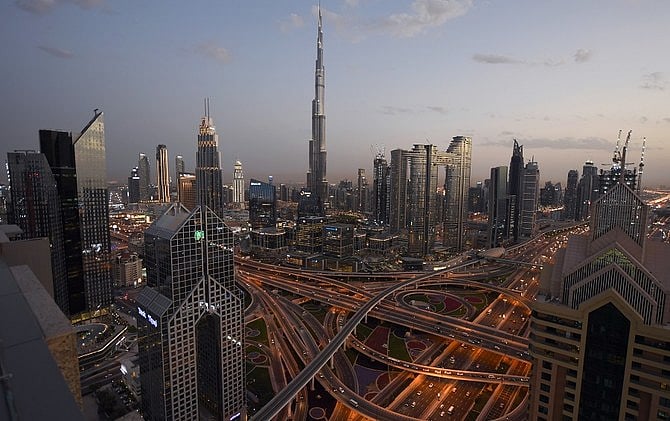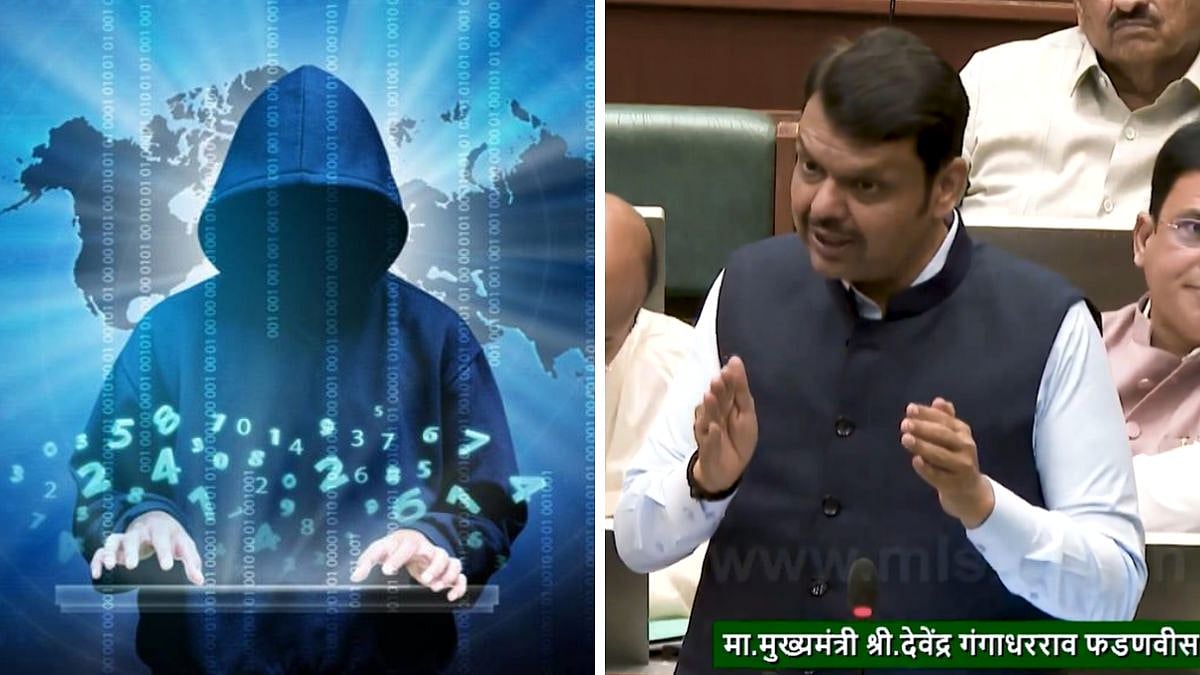Dubai has emerged as a haven for wealthy Russians fleeing the impact of western sanctions over the war in Ukraine.
Russian billionaires and entrepreneurs have been arriving in the United Arab Emirates (UAE) in unprecedented numbers, business leaders told the BBC.
Property purchases in Dubai by Russians surged by 67% in the first three months of 2022, a report said.
The UAE has not put sanctions on Russia or criticised its invasion of Ukraine. It is also providing visas to non-sanctioned Russians while many Western countries have restricted them.
It is estimated that hundreds of thousands of people have left Russia over the last two months - although exact figures are not available.
Dubai is a global financial center, a shopper’s paradise, and an oasis for the world’s well-to-do.
While the vast majority of financial, business, and real estate transactions in Dubai are not associated with illegal activity, part of what underpins Dubai’s prosperity is a steady stream of illicit proceeds borne from corruption and crime.
The wealth has helped to fuel the emirate’s booming real estate market; enrich its bankers, moneychangers, and business elites; and turn Dubai into a major gold trading hub.
Meanwhile, both Emirati leaders and the international community continue to turn a blind eye to the problematic behaviors, administrative loopholes, and weak enforcement practices that make Dubai a globally attractive destination for dirty money.
Corrupt and criminal actors from around the world operate through or from Dubai. Afghan warlords, Russian mobsters, Nigerian kleptocrats, European money launderers, Iranian sanctions-busters, and East African gold smugglers, all find Dubai a conducive place to operate.
Dubai’s property market is a magnet for tainted money. Built to attract foreign buyers, the emirate is dominated by towers of upscale flats and man-made islands studded with luxury villas.
Property developers and real estate agents accept huge sums from politically exposed persons—individuals entrusted with a prominent public function, as well as their families and associates—and other suspicious buyers. Even individuals targeted by international sanctions use Dubai property to launder money due to weak regulations and lax enforcement.
Now one of the world’s largest gold hubs, Dubai is also a place to launder artisanally mined gold, especially from conflict-prone parts of East and Central Africa. Opaque business practices and regulatory loopholes allow this laundered gold to enter world markets on a massive scale.
The UAE has not followed western governments in using sanctions as retaliation for the invasion of Ukraine. Bankers, real estate agents, car dealerships and marinas are reporting extraordinary demand for homes, sports cars and mooring space as the influx settles in to an oil-rich monarchy that has charted its own course on Putin’s Russia and is not afraid to expose glaring tensions with the US in doing so.
Transactions, from elite property sales to leases, are largely being conducted using cryptocurrencies, but some have been straight transfers from Russian financial entities linked to sanctioned tycoons, a regional intelligence source told the Observer.
Such moves undermine sanctions imposed by the US and EU on the Russian leaders’ allies and are a potent lure for the next rung of Russian businessmen who fear the same fate.
Real estate agents in Dubai are reporting one of the biggest bull markets ever as Russian investors snap up apartments sight unseen, either buying them outright, or paying a year’s rent in advance. “It’s been unbelievable,” said Alan Pinto, a leasing consultant at Espace Real Estate in Dubai Marina.
“A radical amount of Russian investors are purchasing units. Even tenants; we’ve had a huge amount of calls. They transfer their funds via crypto. They have an intermediary who will do that for them and then the cash is passed to the landlords.”
With approximately thirty free trade zones, Dubai is a haven for trade-based money laundering.
Operating with minimal regulatory oversight or customs enforcement, these zones allow businesses to disguise the proceeds of crime via the over- and under-invoicing of goods, multiple invoicing, and falsifying of other trade documentation.
Many migrant workers are also treated as commodities in Dubai through the kafala system, an exploitative migrant labor scheme that shares some characteristics with human trafficking.
Russia's central bank is barred from tapping into the billions of foreign reserves held overseas in foreign banks. Some Russian banks have been removed from the Swift financial messaging system.
To protect its reserves, the Russian government has enacted capital restrictions and banned citizens from exiting the country with more than $10,000 in foreign currency.
Finding it difficult to transfer cash, a lot of Russian buyers are making payments in cryptocurrencies. Some of the purchasers have an intermediary who will take the payment in crypto and then pass on the cash to the seller on behalf of the buyer.
Gulf states including the UAE and Saudi Arabia have rejected calls from western governments to impose sanctions on Russia.
Abu Dhabi was one of only three countries, along with China and India, to abstain in a United Nations Security Council vote in February to condemn Russia's invasion of Ukraine. It also abstained in a General Assembly vote on 7 April to suspend Russia from the UN Human Rights Council.
The rise in Russian investment comes just months after the UAE was placed on a "grey list" by the Financial Action Task Force (FAFT), a global financial crime watchdog.
It means the country faces increased monitoring of its efforts to counter money laundering and terrorist financing. The UAE government has claimed to have taken significant measures to regulate inbound investment, and has stated that it remains committed to working closely with FAFT on areas for improvement.





